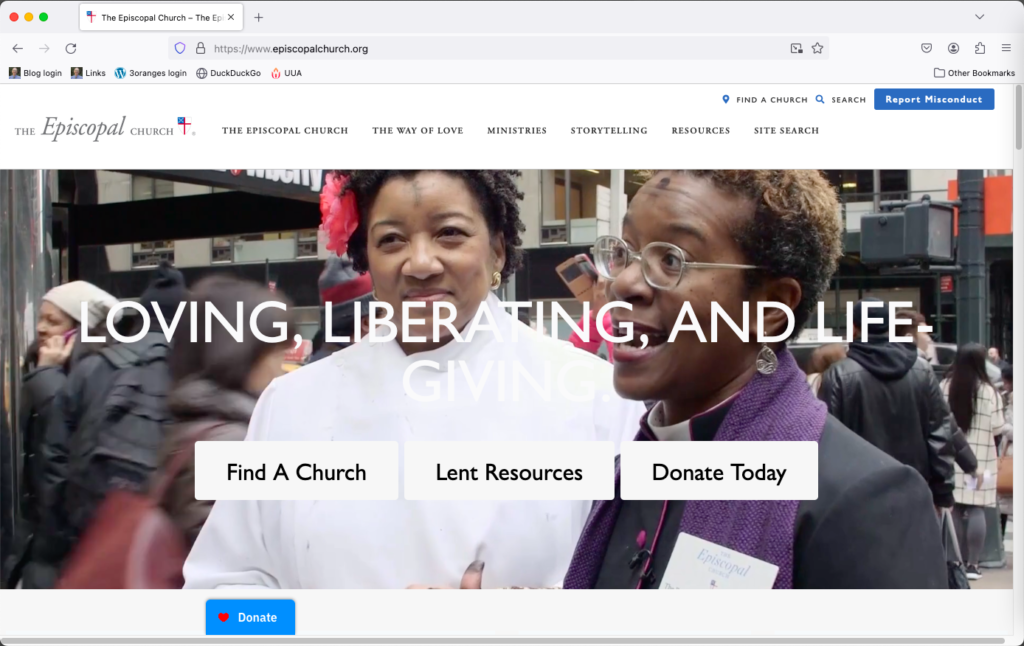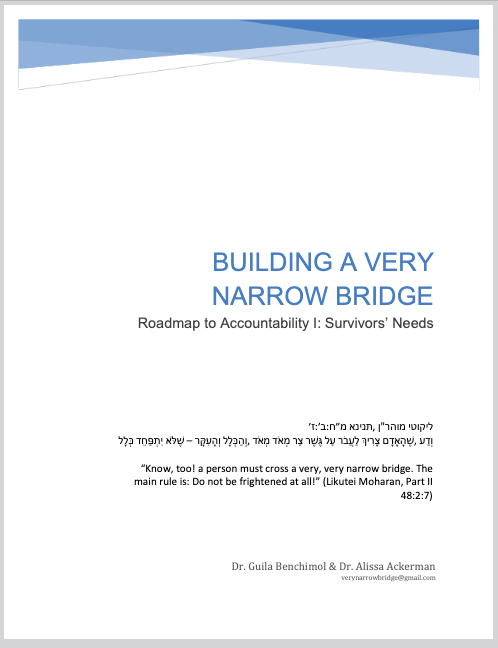I received an email today signed by Sarah Lammert, the executive secretary of the Ministerial Fellowship Committee (MFC) of the Unitarian Universalist Association (UUA). The MFC was notifying congregational leaders that Rev. Stephen Furrer had resigned from fellowship with the UUA rather than face a “Full Fellowship Review…for sexual misconduct.”
Mostly when these emails are sent out, there is just the simple notification that the minister has either resigned from fellowship before charges could be brought, or was removed from fellowship. Unusually, this email added: “The Rev. Furrer served many congregations as a settled or interim minister over more than four decades as a minister. In reviewing his record, it became clear that the Rev. Furrer had a broader pattern of boundary violations which impacted at least four of these congregations in differing degrees.”
Presumably the UUA will contact those four congregations. And perhaps the UUA will contact all the congregations the Furrer served. But there are others of us who might have reasons for wanting to know if Furrer had served a particular congregation — for example, a minister or DRE thinking of accepting a job at a congregation may want to do a little research to see if a congregation has a history of past clergy misconduct (something congregations frequently neglect to tell job applicants). Or, for another example, congregational leaders wondering if Furrer once served a nearby congregation, with possible effects on their own congregation.
So, out of curiosity, I checked the online UUA Directory of professional leaders. Not surprisingly, Furrer’s entry in that directory had already been removed, which is entirely appropriate. However, this leaves us with no official record of his employment history. His own personal website still happens to provide a listing of his ministerial positions up to 2018. That list follows, with my annotations in square brackets []:
1981-1982 Asst. Minister, Berkeley, CA [not clear if this is the Berkeley fellowship or the Berkeley church Confirmed this was the Berkeley church]
1983-1987 Settled Minister, West Redding, CT
1987-1988 Interim Minister, Saco, ME
1988-1991 Settled Minister, Vineyard Haven, MA
1991-1993 Interim Minister, Berlin, MA
1993-1999 Settled Minister, East Suburban Pittsburgh, PA [presumably part-time, combined with the following two contract positions:]
1994-1996 Contract Minister, Morgantown, WV
1996-1999 Contract Minister, Indiana, PA
1999-2000 Interim Minister, Binghamton, NY
2000-2009 Settled Minister, Santa Fe, NM
2009-2010 Interim Minister, Santa Monica, CA
2010-2011 Interim Minister, Long Beach, CA
2011-2013 Interim Minister, San Francisco, CA
2013-2014 Interim Minister, Redwood City, CA
2014-2016 Interim Minister, Fullerton, CA
2016-2017 Interim Minister, Rancho Palo Verdes, CA
2017-2018 Interim Minister, Livermore, CA
2018-???? Developmental Minister, Bellevue, WA [a quick glance at their website shows this was through at least 2021]
All this raises an interesting point. The UUA maintains an online list of ministers who have been removed from fellowship, or who have resigned from fellowship pending misconduct investigations. Once they’re out of fellowship, they disappear from the UUA Directory, which is appropriate. But the UUA Directory is the only place where you can find a public list stating which congregations a given minister has served. The unfortunate result is that histories of clergy misconduct may be obscured.
There’s a simple fix. The online list of ministers who have been removed from fellowship, or who have resigned from fellowship pending misconduct investigations, should include a list of where each minister had served, and when.
Oh, and here’s a caveat so I don’t get sued by someone — I have no personal knowledge of this case, and as far as I know this case has not been adjudicated in a court of law. Thus I cannot comment on the truth of the allegations. I’m simply using this case as an example to point out what I consider to be a flaw in the way the UUA reports cases of alleged clergy misconduct.
Update, 12/8: A sentence that got dropped during revision was restored (last sentence, third paragraph); two minor typographical errors fixed.


